
One would easily imagine from a recent TV report that psychiatrically ill and suicidal students are routinely being shipped off to hospitals and removed from their colleges without due process or discussion.

One would easily imagine from a recent TV report that psychiatrically ill and suicidal students are routinely being shipped off to hospitals and removed from their colleges without due process or discussion.

Which patients are most likely to find a computer-based program helpful?
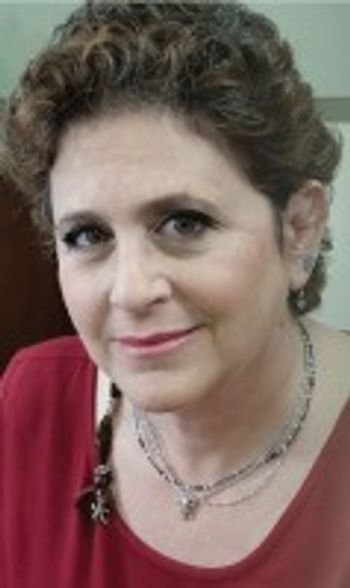
What policy prescriptions, if any, would you make on a federal level for reducing gun violence in America? That question and more answered.

What should you do when patients with preexisting psychosis express an interest in lengthy travel?
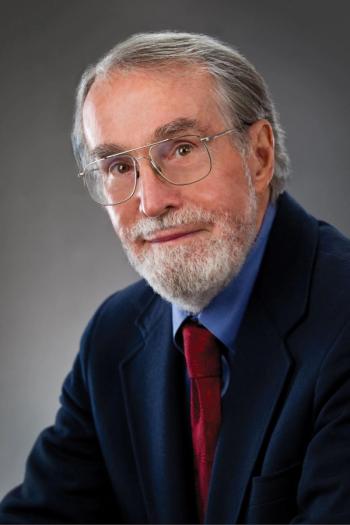
Individuals with serious mental illness are responsible for more than 7% of the nation’s homicides. What can be done to reduce this deadly phenomenon?
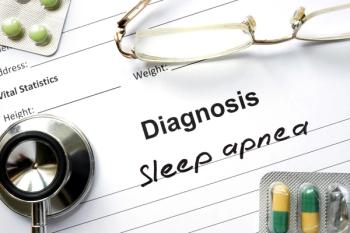
What are the effects of sleep apnea on depression--and depression on sleep apnea? Insights here.
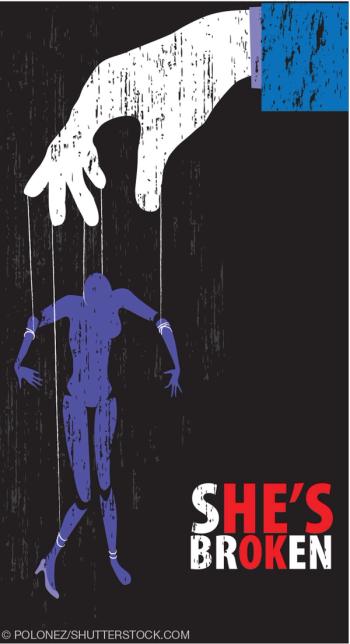
Poetic, raw, and haunting, this young woman's description of having a psychiatric illness powerfully reveals what I believe are common, but rarely articulated, thoughts and feelings.

I’m happy to be off the trail, out of the wind and salt spray, safe from the fog’s cold claw...


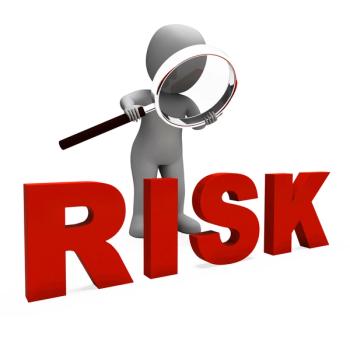
Benefits of drug therapy include fewer STDs, injuries, and substance use disorders

A low-cost intervention creates “virtual darkness” to help stabilize mood.

The abuse of this dangerous designer drug that can be purchased online is rapidly on the rise in the US.

Even though I’ve read these stories a number of times, I still have an intense emotional response to each of them. They remind me that our work is of incredible personal importance to our patients and of such emotional meaning to us too.

"You don’t have the hands of a surgeon, or the demeanor. It’s a good thing you are a psychiatrist.”

I will always remember her. I was honored and inspired by a very beautiful, strong, and unusually graceful young woman.

When you have been neglected, made to feel so unimportant, passed around from place to place as though your life doesn’t matter, any genuine caring attention you can give that young person means the world.
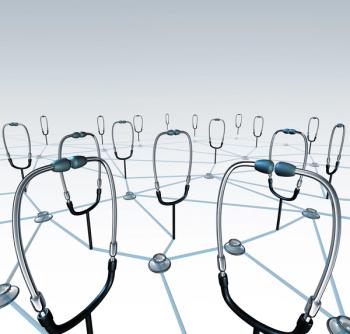
Insights from the first study of mortality and cumulative psychotropic exposure in schizophrenia.

Unrelenting belief in the goodness of humankind while confronting an uncommon disease.

Should doctors be legally allowed to assist terminally ill patients in committing suicide?
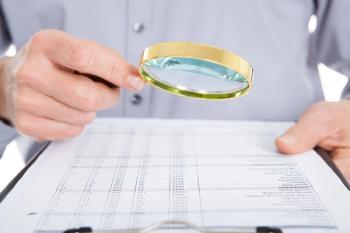
A safe, noninvasive method for early detection of depression could be around the corner.

New Strategies to Optimize Care for Patients With Parkinson’s Disease Psychosis

In a first-ever poll of its kind, we'd like to know about your fears, concerns, and hopes about how this election will affect your profession and your patients.

Here: basic concepts behind sexual consent capacity and guidance on how to pursue capacity assessments.

The road to recovery for human trafficking victims is intense and requires intervention and care on multiple comprehensive levels.

There has been much progress in both the conceptualization and the treatment of vaginismus in the past 15 years. Details here.

“Once a pedophile always a pedophile” is so 30 years ago. The author updates the realities about sex offenders and why psychiatrists should be more optimistic about their patients’ prognoses.

Today’s psychiatrists rarely have the luxury of time enjoyed by our fin-de-siècle forebears. So a few quick questions for the right patients can offer a big payoff. Here's a case in point.
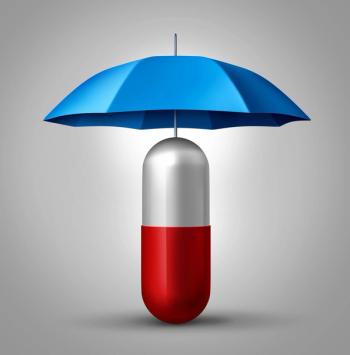
The most basic human principles of humility, reliability, unwavering respect, and being kind and approachable are the most effective qualities a Street Medicine practitioner--and any psychiatrist--can have.
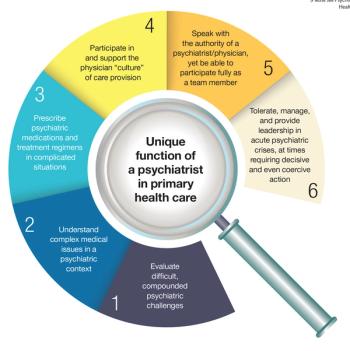
Do psychiatrists add value to primary care health teams compared to non-psychiatrist mental health providers?